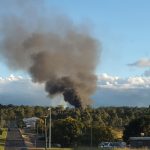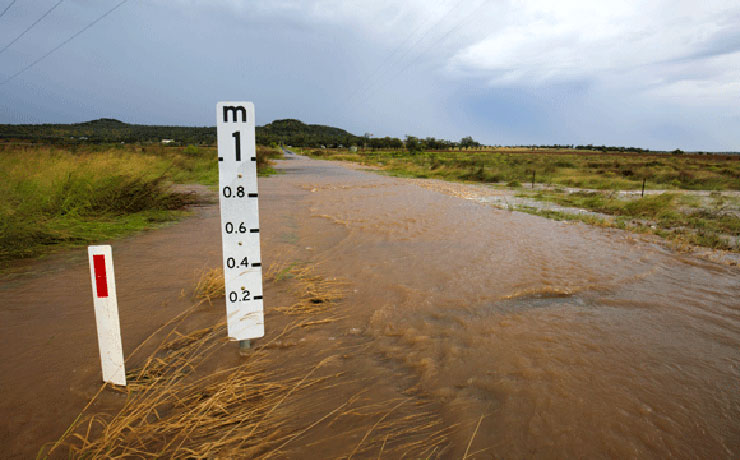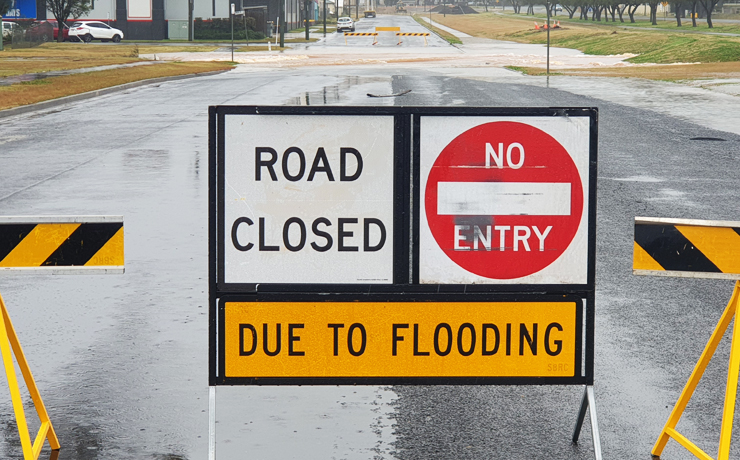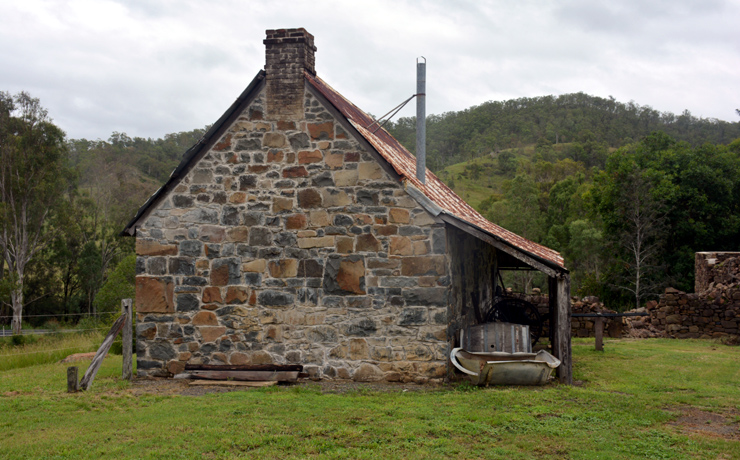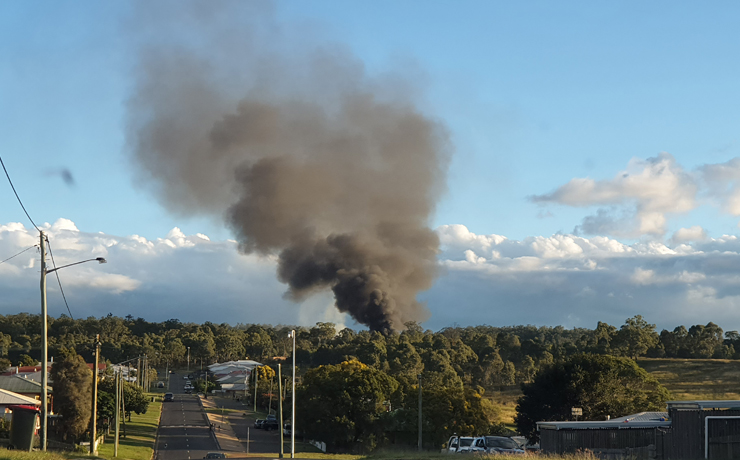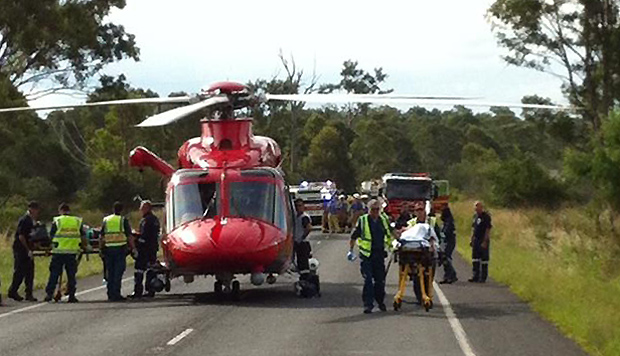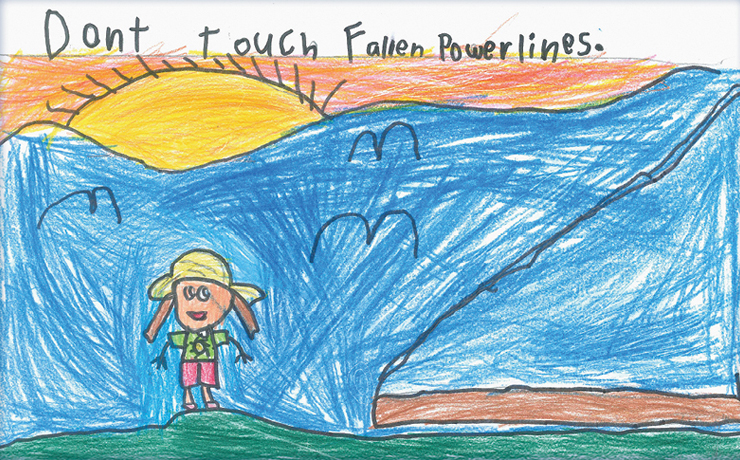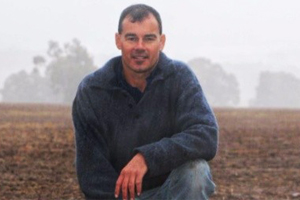by Dafyd Martindale
The recent firing squad executions of convicted drug smugglers Andrew Chan and Myuran Sukumaran by Indonesian police provoked widespread revulsion and a measure of anger in most Australians.
But what provoked even more anger was the apparently arrogant way Indonesian authorities treated the Australian Government’s attempts to intervene on behalf of the pair.
Calls from Canberra weren’t returned, alternate options were ignored.
Indonesia appeared to be showing us a measure of contempt in this matter that said quite a lot about what the current administration really thinks of our nation. And none of it was good.
All the same, the way we respond to Indonesia requires careful thought.
For a start, Indonesia is our neighbour and always will be.
With a population more than 10 times larger than our own it could – one day – pose a significant threat to us if we allow relations to go sour.
Conversely, it could become a major market for Australian agricultural produce and many other goods and services in the future if we maintain good ties.
And amidst the anger and revulsion many of us feel right now over the executions, it pays to remember that Indonesia is much more fractured and troubled country than our own and they do not see things the way we do.
Indonesia was put together soon after the end of World War II when the old colonial powers retreated from Asia.
It is not a solid, mono-cultural nation like Australia. It is really an artificial country patched together from thousands of islands which have always shared little in common.
Even the national language – Bahasa Indonesia – is an artificial one, created to facilitate communication.
Indonesia’s power is headquartered in Java, the most populous island, and the Javanese are now seen in many other parts of the country like West Papua, Borneo, Celebes, Sumatra and Bali as the new invading colonial power.
This internal division has fuelled numerous independence movements, most of which have been brutally crushed by an authoritarian government which has maintained uncomfortably close links to the military so it can keep the nation together at the point of a gun.
To add to the complexity, Indonesia is riddled with entrenched corruption, a problem only made worse by the wide gap between the rich and poor in many parts of the country.
Corruption and wealth disparity is a recipe for disaster everywhere it exists, and sooner or later it may prove Indonesia’s undoing unless these problems are seriously addressed.
Much like the old Yugoslavia under Tito or Iraq under Saddam Hussein, Indonesia is a powder keg that could easily explode into chaos if any anti-Government movement ever gains a strong foothold there.
And it is this fear that drives a lot of Indonesia’s internal policy.
For all of these reasons, current Indonesian president Joko Widodo was unrelenting in his determination to see the two Australians – and six other luckless prisoners – executed.
Failure to do so, in his own eyes and in the eyes of his countrymen, would have made him seem weak.
And what Indonesia has required at the helm of its ship of State, ever since Sukarno led the 1945 independence movement and went on to become its first President, is a “strong man”.
No one in Australia knows what will happen to Indonesia in the future.
Will the country sort out its problems, abandon capital punishment, stamp out corruption, cut ties with the military and move its people into the sort of first world economic environment Australians enjoy?
Or will it disintegrate in a disastrous civil war that ultimately sees several new Asian nations take its place on our northern frontier?
Those are the two broad paths that lie in front of Indonesia, and Australia will have to deal with them whichever occurs.
This is why our Federal Government needs to measure its response to the recent deaths carefully and take a more strategic long-term view, however angry we might be right now.
We’re sure they will.











